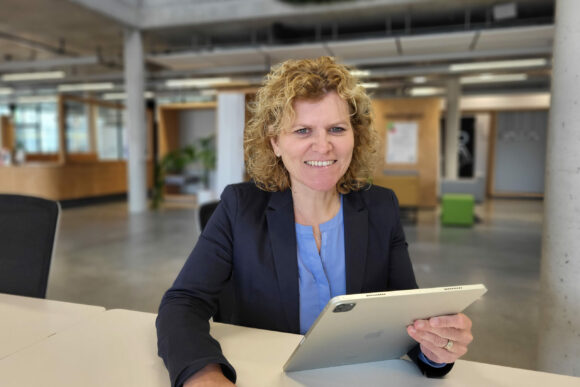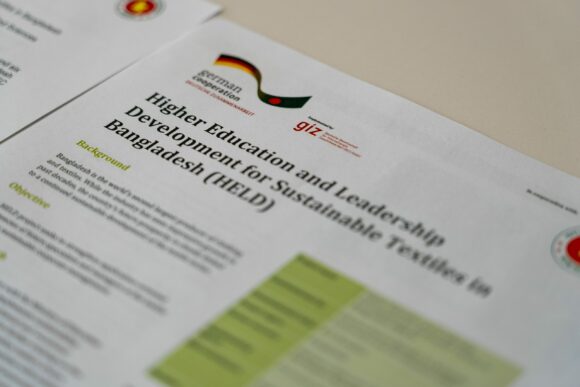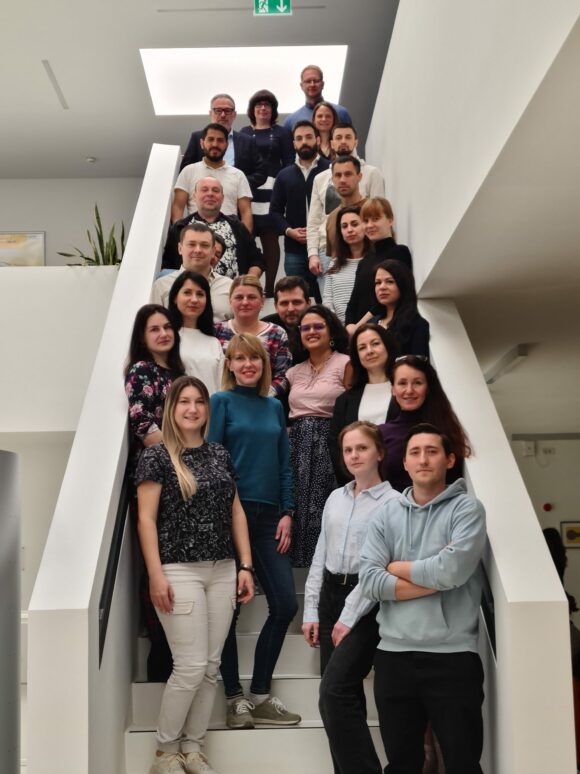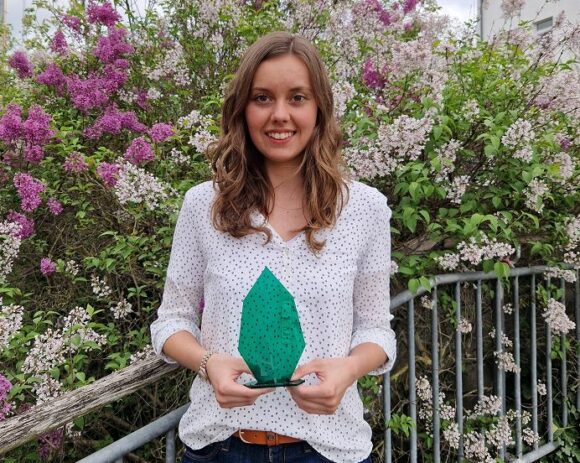Who wouldn’t want to fly south during the cold season? Or make the world a better place by developing a product? Or get to know other students from all over the world and work together with them? The company Vishay Electronic GmbH has now made it possible for students from Hof University of Applied Sciences, together with those from OTH Amberg and FH Westküste from Heide in Schleswig-Holstein, to do all three: In March 2023, they were allowed to participate in the annual ITQ Makeathon, which has now been held for the 6th time in Gran Canaria.
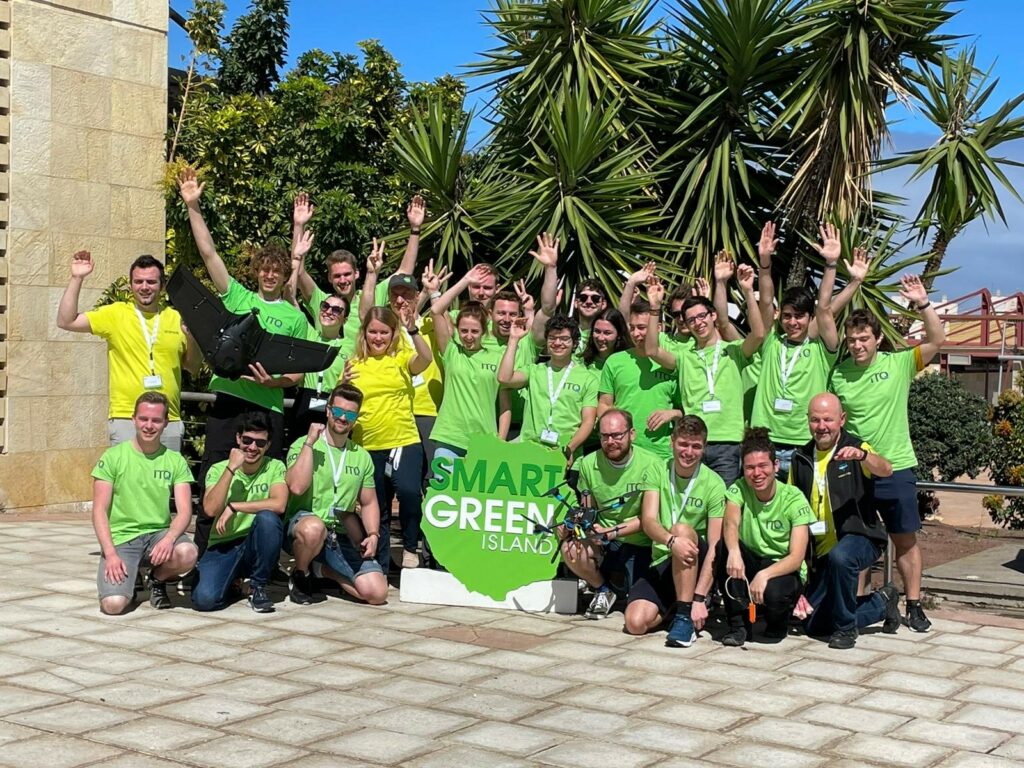
Image: Vishay Electronic GmbH;
The goal of the ITQ Makeathon was no less than to help make Gran Canaria the first completely “green” and self-sufficient island. To this end, Makeathon founder Dr. Rainer Stetter invites students from around the world to work with local companies and universities to develop new technologies. In addition, the four-day event offers participants an excellent opportunity to network with students from all disciplines, teachers and companies from around the world.
Locating plastic waste with drones
The participating teams had to think about which invention could make the world a little bit better. The basic idea was initially to build a buoy using their own optoelectrical sensors – which can detect plastic in the sea.
On March 1, things finally got underway: after the introductory session, the students were allowed to choose a challenge to work on. There was quickly a great rush at all stations and soon a team of 20 students from Germany, Austria and Spain was formed for the Vishay Challenge. The original idea was soon expanded and the full plan was to build a fleet of buoys that could be spread over a large area. A drone from the Aachen drone club then collects the data obtained during the automated flyover of the buoys and sends it to land. From there, the marine pollution is evaluated on a PC by experts and appropriate measures – outsourced to other Challenges – are taken to clean up the sea.
With the help of engineers, the students went to work: with a lot of their own know-how, sensors were calibrated, the buoy was designed and built, an autonomous energy supply was developed, communication modules were integrated into the buoy and programmed, and the compatibility with the drone was tested within only four days. In over 550 hours of work, the project was completed and the Vishay Challenge was presented as ready for use at the final presentation.
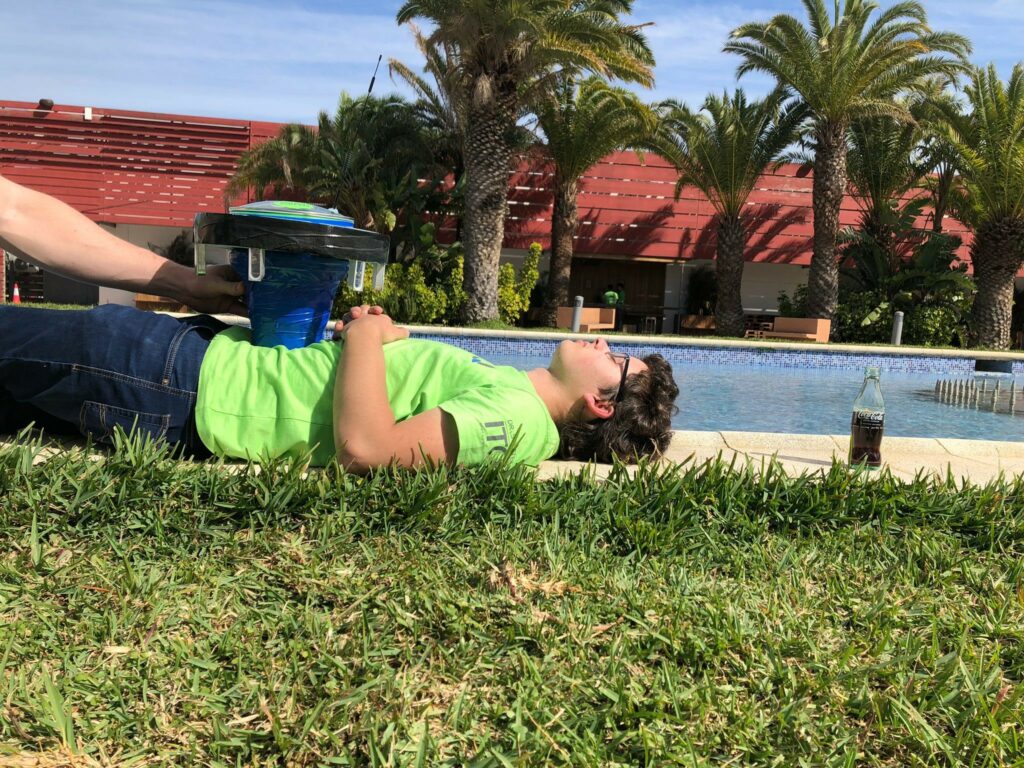
Work-life balance thanks to social program
Of course, there was no shortage of fun at the ITQ Makeathon: Every evening, the more than 200 students who came to the event were able to enjoy the Spanish nightlife. After-work beer and tapas night gave everyone a chance to recover from the day’s exertions. Trips to the Atlantic Ocean were also not to be missed. At the final presentation, all innovations were presented on the big stage. In addition to Vishay’s buoy project, smart gardening solutions, autonomous waste collection boats and plastic recycling solutions were also presented. After these exhausting four days, the event then came to a crowning conclusion with the Spanish carnival in Las Palmas.




